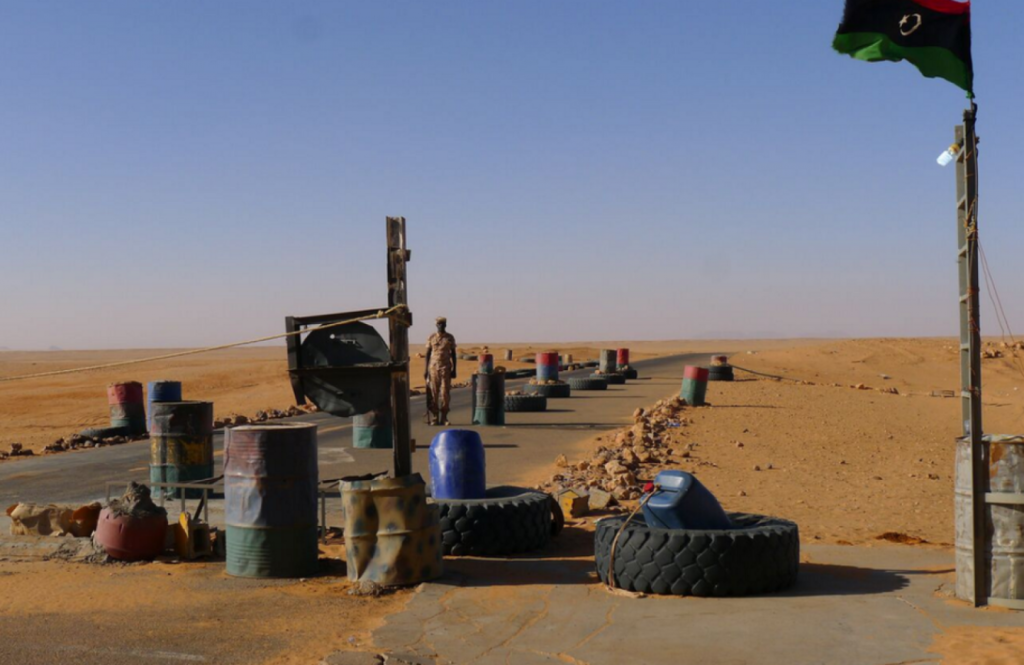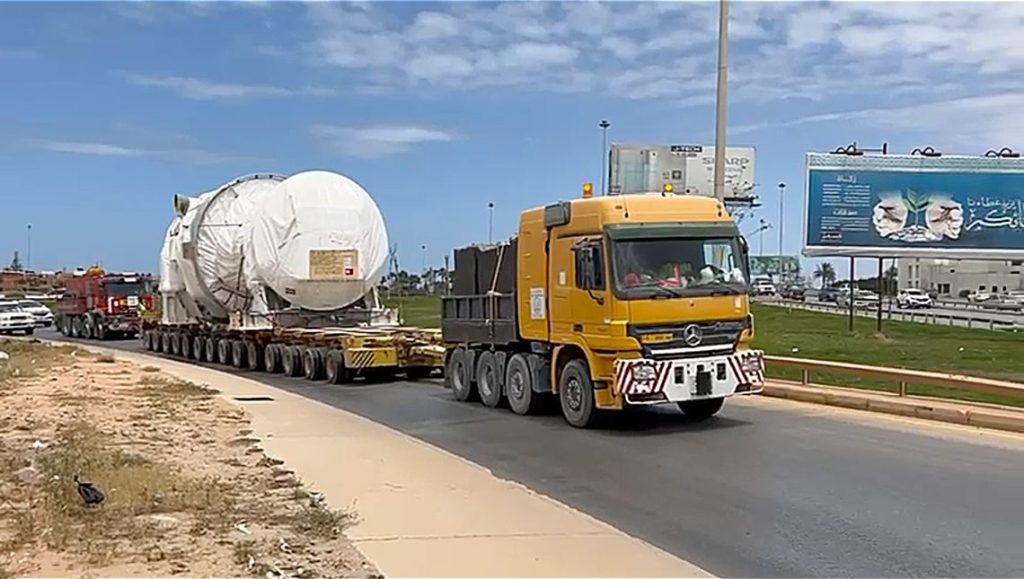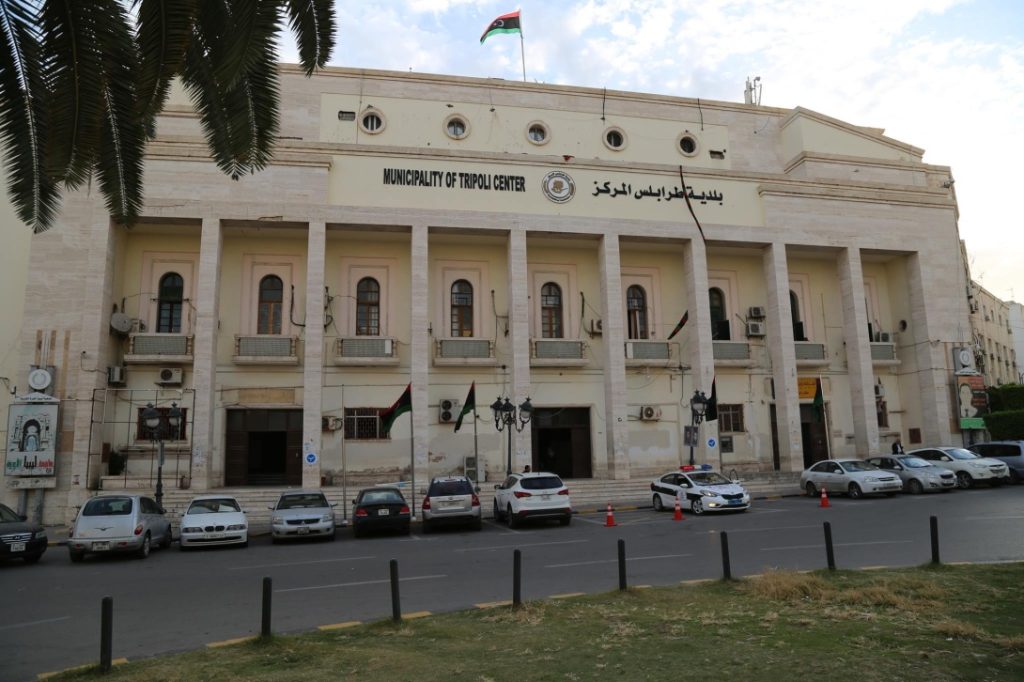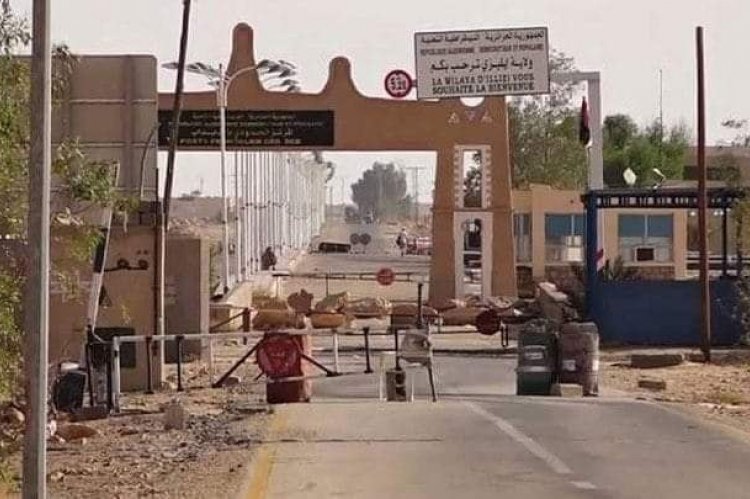Libya Sahel Security and the Battle for Regional Stability
Libya Sahel security has become a defining test of the country’s capacity to protect its borders, support regional stability, and rebuild trust with international partners. The collapse of state control in parts of the Sahel has sent ripple effects northward, challenging Libya’s fragile recovery. Yet, instead of turning inward, Libya is slowly positioning itself as a partner in regional security. Through coordinated patrols, intelligence sharing, and diplomacy, Libya Sahel security efforts are transforming its southern frontier from a zone of risk into one of opportunity.
Coordinated Patrols Strengthen Libya Sahel Security
For years, the vast expanse of southern Libya served as a corridor for arms, drugs, and human trafficking. Now, joint patrols between Libyan forces and counterparts from Chad and Niger are bringing a new sense of order. The African Union’s Peace and Security Council recently noted that “Libya’s coordination in joint patrols has significantly reduced cross-border trafficking incidents.” (African Union). These missions, supported by logistical and intelligence assistance from the European Union, demonstrate that Libya Sahel security is more than a slogan—it is an operational reality.
In Sabha and Murzuq, local security units have been retrained to monitor transit routes and prevent infiltration by extremist groups. These units, backed by international advisers, are improving early-warning systems and expanding surveillance networks. Coordination between the GNU in Tripoli and the GNS in Benghazi has also improved, proving that mutual interests can override political rivalry when security is at stake.
Intelligence Cooperation and Counterterrorism Capacity
A key aspect of Libya Sahel security is intelligence cooperation. Extremist networks in Mali, Niger, and southern Libya continue to exploit porous borders, threatening both local communities and European partners. The European External Action Service (EEAS) emphasizes that “Libya’s southern cooperation is essential for protecting Europe’s southern flank.” By integrating into EU-supported regional surveillance frameworks, Libya now contributes to monitoring movements of armed groups and contraband networks across the Sahara.
Within Libya, intelligence-sharing mechanisms are becoming more structured. Command centers in Sabha and Kufra relay real-time information to northern security authorities, while field units coordinate with regional partners. This system helps prevent the spread of Sahel-based extremist movements into Libya’s interior. With EU and AU support, Libya has also expanded its capacity for border mapping, drone reconnaissance, and digital communication, bringing technology to a terrain long considered uncontrollable.
Infrastructure and Development as Security Tools
Security in the Sahel is not only about soldiers—it is also about opportunity. Economic stagnation and youth unemployment remain the root causes of instability. Recognizing this, Libya Sahel security policy increasingly integrates development. Projects funded through the Stabilization Facility for Libya, with oversight from UNSMIL, are creating jobs through infrastructure repair, road building, and agricultural revitalization in southern municipalities.
These programs combine economic rehabilitation with security outcomes. By employing local youth in infrastructure projects, Libya is reducing the recruitment pool for armed groups and smuggling networks. In Sebha, the construction of new customs checkpoints and trade routes has boosted legal commerce and reduced illicit trade. The principle is simple: when communities see tangible benefits, stability follows.
Regional Diplomacy Reinforces Libya Sahel Security
Libya’s renewed diplomacy in the Sahel underscores its determination to reassert sovereignty through cooperation. High-level meetings between Libyan, Chadian, and Nigerien officials have paved the way for joint patrol schedules and shared command frameworks. The African Union has supported these engagements, noting Libya’s growing credibility as a regional stabilizer.
This cooperation extends beyond defense. Discussions on energy trade, transport corridors, and counter-smuggling infrastructure point toward a broader Sahel economic integration. Libya’s geographic position gives it leverage—it connects Mediterranean markets to the African interior. Effective Libya Sahel security, therefore, is not only about protection but also about linking economies through safer borders.
At the same time, Libya’s involvement with European initiatives, such as the EU’s Border Management and Security Program, ensures that domestic priorities align with continental objectives. The country’s participation in these multilateral mechanisms enhances legitimacy and offers a model of how local and international security goals can coexist.
Challenges and Gaps in Libya Sahel Security Implementation
Despite progress, challenges remain significant. Southern Libya’s vast terrain makes it difficult to maintain a permanent security presence. Smuggling networks adapt quickly, rerouting operations through remote desert corridors. Limited resources, equipment shortages, and inconsistent coordination between regional commands slow operational efficiency.
Additionally, regional instability, particularly coups and governance crises in Niger and Mali, complicates long-term planning. Libya’s capacity to act as a stabilizing force depends on continuous support from international partners and consistent engagement from both national administrations. Without sustained investment and political will, recent gains in Libya Sahel security risk reversal.
Building a Lasting Framework for Stability
The next phase of Libya Sahel security will depend on institutionalizing cooperation. Establishing a joint command center under AU oversight could formalize data exchange and standardize border procedures. Expanding the EU’s technical assistance to include cyber and logistics training would further enhance operational readiness.
For Libya, the most powerful message lies in performance. The more it delivers measurable results, fewer trafficking incidents, safer borders, functioning customs posts, the more international credibility it gains. Security cooperation has already begun shifting perceptions: from a fragmented state to a capable partner in regional stability.
A Strategic Frontier, Not a Forgotten One
The Sahel is no longer Libya’s periphery; it is its proving ground. Effective management of this frontier demonstrates Libya’s commitment to regional order and international responsibility. Libya Sahel security is not only reshaping its southern borders but also redefining how the world perceives its role in Africa and the Mediterranean.
By linking security with development and diplomacy, Libya is turning its vulnerabilities into strategic assets. The success of Libya Sahel security will ultimately measure whether the country can transform from a reactive actor into a proactive guardian of stability across the Sahara and beyond.



